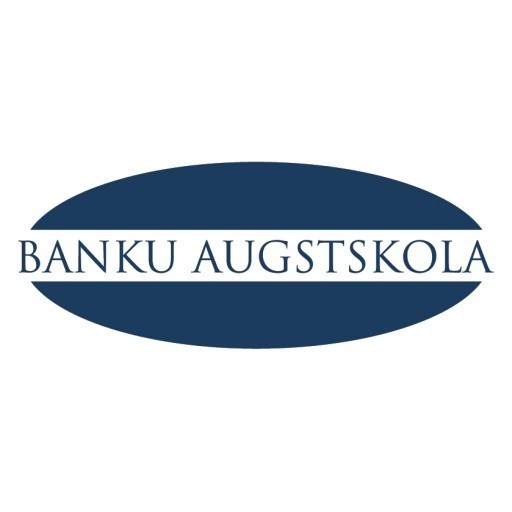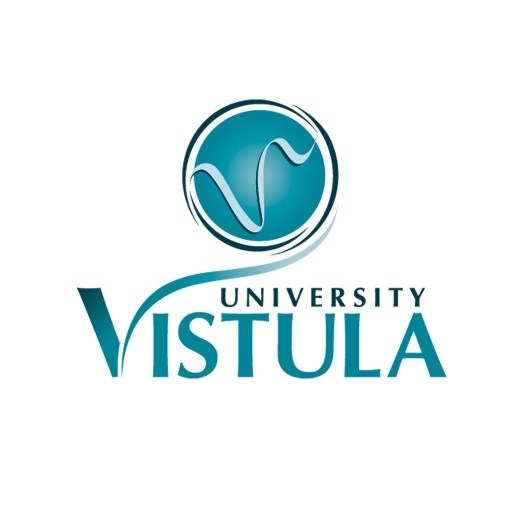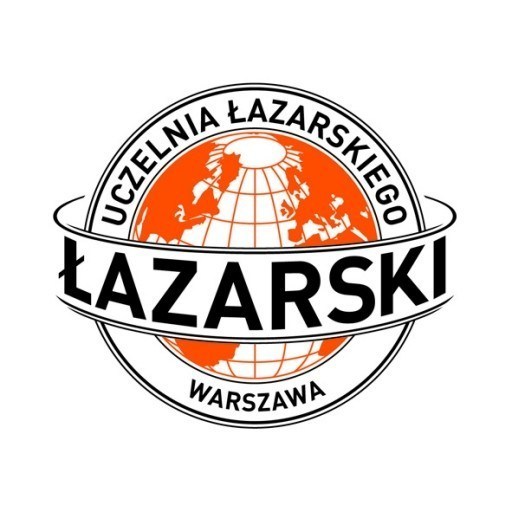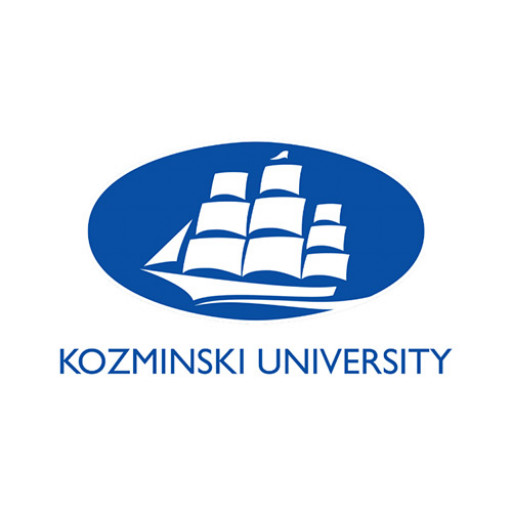Photos of university / #yale
The Bachelor of Science in Economics and Management at Yale University offers a comprehensive and rigorous curriculum designed to equip students with a solid foundation in economic theory, quantitative analysis, and management principles. This interdisciplinary program provides an in-depth understanding of how economic forces influence business practices and policy-making, preparing graduates for diverse careers in finance, consulting, public policy, entrepreneurship, and beyond. Students embark on a challenging academic journey that combines foundational courses in microeconomics, macroeconomics, and econometrics with specialized electives in areas such as behavioral economics, international economics, strategic management, and organizational leadership. The program emphasizes analytical skills, critical thinking, and practical application through case studies, group projects, and internships, fostering a balance between theoretical knowledge and real-world experience. With access to Yale’s distinguished faculty and state-of-the-art resources, students are encouraged to engage in research initiatives and extracurricular activities that enhance their learning. The interdisciplinary nature of the program also allows students to explore related fields such as political science, psychology, and data science, broadening their academic perspective. Graduates of the Bachelor of Science in Economics and Management are well-prepared to pursue advanced degrees or to enter competitive professional sectors. Yale’s unique academic environment promotes intellectual curiosity, innovation, and ethical leadership, ensuring students develop not only technical expertise but also the communication and teamwork skills essential for success in today's dynamic global economy. The program’s flexible structure accommodates individual interests and career goals, empowering students to tailor their coursework and extracurricular activities accordingly. Overall, this program is ideal for motivated, curious students eager to understand the complex interplay between economics and management and to apply their knowledge to solve real-world challenges.
The Yale University Accounting program offers a comprehensive and rigorous curriculum designed to equip students with a deep understanding of financial reporting, auditing, managerial accounting, and taxation. The program emphasizes both theoretical foundations and practical applications, preparing students for diverse careers in accounting, finance, and related fields. Students will explore principles of financial accounting, analyzing and preparing financial statements in accordance with Generally Accepted Accounting Principles (GAAP) and International Financial Reporting Standards (IFRS). The coursework includes detailed studies of managerial accounting techniques, cost analysis, budgeting, and internal controls that support effective decision-making within organizations.
In addition to core accounting topics, the program integrates instruction in auditing standards, risk assessment, and forensic accounting to prepare students for roles in auditing firms, corporations, or regulatory bodies. The taxation component covers individual and corporate tax regulations, compliance, and planning strategies, providing students with the knowledge necessary for effective tax management and planning. Students will also develop critical skills in data analysis, ethical decision-making, and the use of accounting information systems, ensuring their proficiency in navigating the modern digital landscape of financial management.
The academic experience is complemented by opportunities for research, case studies, and practical projects that simulate real-world financial challenges. Yale’s faculty, renowned experts in accounting and related fields, guide students through lectures, seminars, and collaborative endeavors designed to foster analytical thinking, ethical judgment, and professional responsibility. The program encourages active participation in lectures, group work, and presentations to prepare students for leadership roles in accounting and finance sectors.
Moreover, students have access to relevant resources such as the Yale library collections, accounting databases, and internship opportunities through Yale’s extensive network of alumni and industry partners. The program’s aim is to produce graduates who are not only technically proficient but also ethical professionals capable of adapting to an evolving financial landscape. Graduates will be well-positioned to pursue certifications such as CPA, CMA, or ACCA, and to advance in careers ranging from accounting and auditing to financial analysis and strategic management, making significant contributions to their organizations and communities.
The Yale University Bachelor of Arts in Accounting program requires students to complete a comprehensive curriculum designed to provide a strong foundation in accounting principles, financial analysis, and managerial strategies. Students must fulfill a series of core courses, including Introduction to Financial Accounting, Introduction to Managerial Accounting, and Principles of Finance. In addition to these foundational courses, students are encouraged to engage in advanced coursework such as Auditing, Taxation, and Financial Statement Analysis to deepen their expertise. The program emphasizes analytical skills, ethical considerations, and critical thinking through case studies and practical applications. Elective courses allow students to specialize in areas like Forensic Accounting or International Finance, aligning their academic pursuits with career interests. To graduate, students must accumulate a minimum number of credits outlined by the university, typically including a capstone project or thesis that synthesizes their learning and demonstrates their accounting proficiency. Participation in internships or co-curricular activities related to accounting is highly recommended to gain real-world experience. Additionally, students are expected to adhere to academic integrity policies and maintain a satisfactory academic standing throughout their studies. Language proficiency requirements are in place for non-native English speakers. The program aims to prepare graduates for careers in public accounting, corporate finance, consulting, or further graduate study in business or accounting. Overall, the Yale accounting curriculum combines rigorous academic coursework, practical skills development, and ethical training to produce well-rounded professionals equipped to succeed in diverse financial environments.
Finance studies in the Accounting program at Yale University encompass a comprehensive curriculum that prepares students for a wide range of careers in financial management, auditing, consulting, and related fields. The program emphasizes a strong foundation in financial theory, quantitative skills, and ethical considerations, enabling graduates to analyze and interpret complex financial data effectively. Students gain proficiency in financial statement analysis, budgeting, forecasting, and internal controls, which are essential for strategic decision-making in various organizational contexts. The coursework often includes topics such as corporate finance, managerial accounting, tax accounting, and financial markets, providing a well-rounded understanding of the financial landscape.
Yale's program integrates rigorous coursework with practical experiences, including internships, case studies, and research projects, facilitating the application of theoretical knowledge to real-world scenarios. The university offers access to a network of alumni and industry professionals, fostering mentorship and networking opportunities that can be advantageous for career advancement. Financial aid and scholarship options are available to support students financially throughout their studies, aiming to make education accessible regardless of economic background. Additionally, Yale's interdisciplinary approach allows students to tailor their learning by combining accounting studies with courses in economics, law, and technology, which broadens their expertise and career prospects.
The teaching staff comprises experts in finance and accounting, many holding significant industry experience and leadership roles. They employ innovative teaching methods, including case discussions, simulations, and collaborative projects, to enhance learning outcomes. The program is designed not only to develop technical skills but also to cultivate ethical judgment and professional integrity vital for careers in accounting and finance. Graduates from Yale's accounting program often pursue certifications such as CPA (Certified Public Accountant) or CFA (Chartered Financial Analyst), supported by the program's focus on the competencies required for these qualifications. Overall, Yale’s finance studies within the accounting program aim to produce highly skilled and ethical professionals capable of contributing effectively to the financial health and transparency of organizations worldwide.
The Yale University Bachelor of Arts in Accounting is designed to provide students with a comprehensive understanding of financial accounting, managerial accounting, auditing, and taxation. The program emphasizes the development of critical thinking and analytical skills necessary for careers in accounting, finance, and related fields. Students engage in coursework that covers the principles of accounting, financial reporting, and the regulatory environment, preparing them for professional certification and practice. The curriculum often includes interdisciplinary courses in economics, mathematics, and business ethics to enhance students' overall understanding of economic systems and responsible decision-making.
Yale’s accounting program integrates theoretical foundations with practical application, with opportunities for students to participate in internships, case studies, and research projects. The program encourages students to develop strong quantitative skills, attention to detail, and ethical judgment, which are essential for success in the accounting profession. Students may also have access to seminars and workshops led by experienced industry professionals, fostering networks and mentorship opportunities.
While specific details about the program structure, duration, and admission requirements are not publicly available, it is inferred that the program aligns with Yale’s overall academic excellence and innovative teaching approaches. The university’s reputation for rigorous academics and commencement of real-world analysis ensures that graduates are well-equipped for professional certification exams such as CPA and for careers in public accounting, corporate finance, consulting, or academia. The program aims to foster a deep understanding of financial systems and the ethical responsibilities of accountants, preparing students not just for jobs but for leadership roles in the evolving landscape of financial management and reporting.








